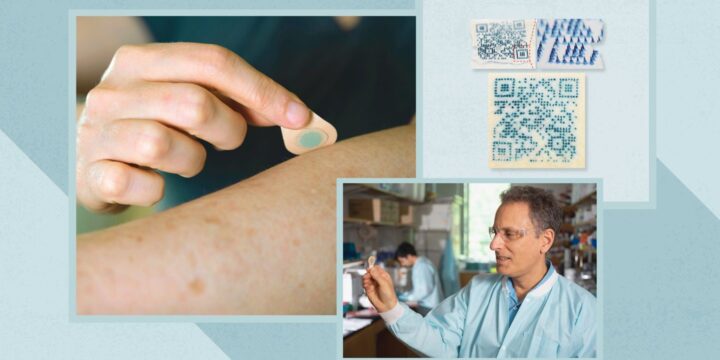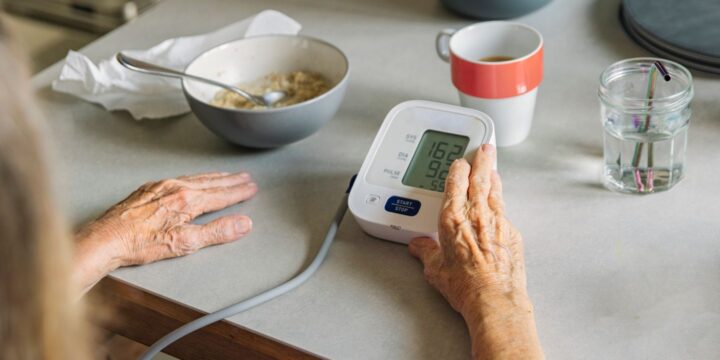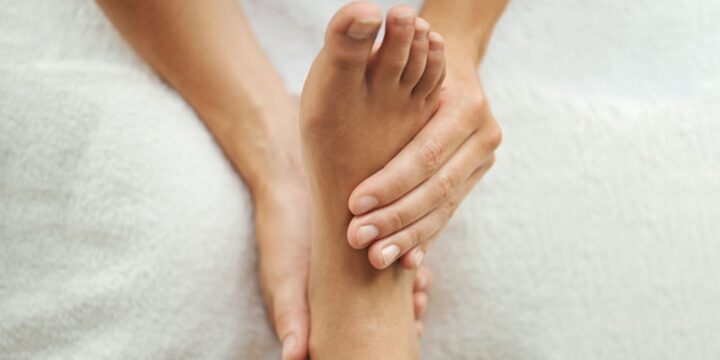
A History of Stressors and Childhood Trauma May Predict Worse Menopausal Symptoms and Well-Being
Past studies have shown that women who have experienced trauma (physical, emotional, or sexual abuse, financial instability) are more likely to have worse menopausal symptoms than women who haven’t. But previous studies had small numbers of participants, focused on current stressors only, or on childhood stressors only. Research published September 13, 2022, in Menopause analyzed data from a longitudinal study of women and children to examine the long-term effects of abuse on menopause symptoms. Researchers were able to look at history of trauma and abuse during childhood, adolescence, and early adulthood. Source link








